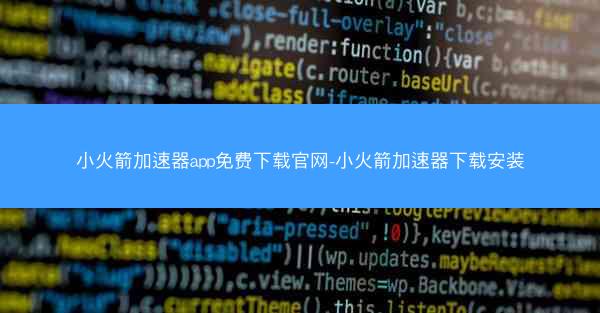leavebehind怎么读-leave...alone怎么读

本文以leave behind和leave...alone这两个短语为核心,探讨了它们的发音和用法。通过对这两个短语的读音、词义、用法以及在不同语境中的区别进行详细分析,旨在帮助读者更好地理解和运用这两个短语。
一、leave behind的读音和用法
1. 读音
leave behind的读音为 /liːv ˈbɪɡɪn/。其中,leave的发音为 /liːv/,重音在第一个音节上;behind的发音为 /ˈbɪɡɪn/,重音在第二个音节上。
2. 用法
leave behind意为留下,遗留,常用于描述某人或某物在离开时留下的东西。以下是一些例句:
- He left behind his wallet at the restaurant.
- Don't leave behind any personal belongings when you move out.
3. 语境
- 在描述过去发生的事情时,如:I left behind my phone at home yesterday.
- 在提醒他人注意时,如:Don't leave behind your keys when you go out.
二、leave...alone的读音和用法
1. 读音
leave...alone的读音为 /liːv ˈɑːləʊn/。其中,leave的发音为 /liːv/,重音在第一个音节上;alone的发音为 /ˈɑːləʊn/,重音在第二个音节上。
2. 用法
leave...alone意为别管,别碰,常用于劝告他人不要干涉某事或某人。以下是一些例句:
- Leave the cat alone; it's sleeping.
- Don't touch that; it's hot. Leave it alone.
3. 语境
- 在劝告他人不要干涉某事时,如:Leave the decision to me; I'll handle it.
- 在描述某人或某物不需要他人干预时,如:The garden looks beautiful; leave it alone.
三、leave behind与leave...alone的区别
1. 词义区别
leave behind表示留下,遗留,而leave...alone表示别管,别碰。
2. 语境区别
leave behind常用于描述过去发生的事情,而leave...alone常用于劝告他人不要干涉某事或某人。
3. 语气区别
leave behind较为中性,而leave...alone带有一定的劝告或请求的语气。
四、leave behind在不同语境中的用法
1. 描述过去发生的事情
- I left behind my phone at the restaurant.
- He left behind a message for me.
2. 提醒他人注意
- Don't leave behind your keys when you go out.
- Make sure to leave behind all the trash before you leave.
3. 表达遗憾
- I wish I hadn't left behind my chance to travel.
- I regret leaving behind my friends when I moved to another city.
五、leave...alone在不同语境中的用法
1. 劝告他人不要干涉
- Leave the cat alone; it's sleeping.
- Don't touch that; it's hot. Leave it alone.
2. 表达对某人或某物的尊重
- Leave the garden alone; it looks beautiful.
- I think you should leave your parents alone; they know what's best for you.
3. 表示无能为力
- There's nothing we can do about it; just leave it alone.
通过对leave behind和leave...alone这两个短语的读音、词义、用法以及在不同语境中的区别进行详细分析,我们可以更好地理解和运用这两个短语。在日常生活中,正确使用这两个短语可以使我们的表达更加准确、得体。了解它们的区别有助于我们在不同的语境中避免混淆。









